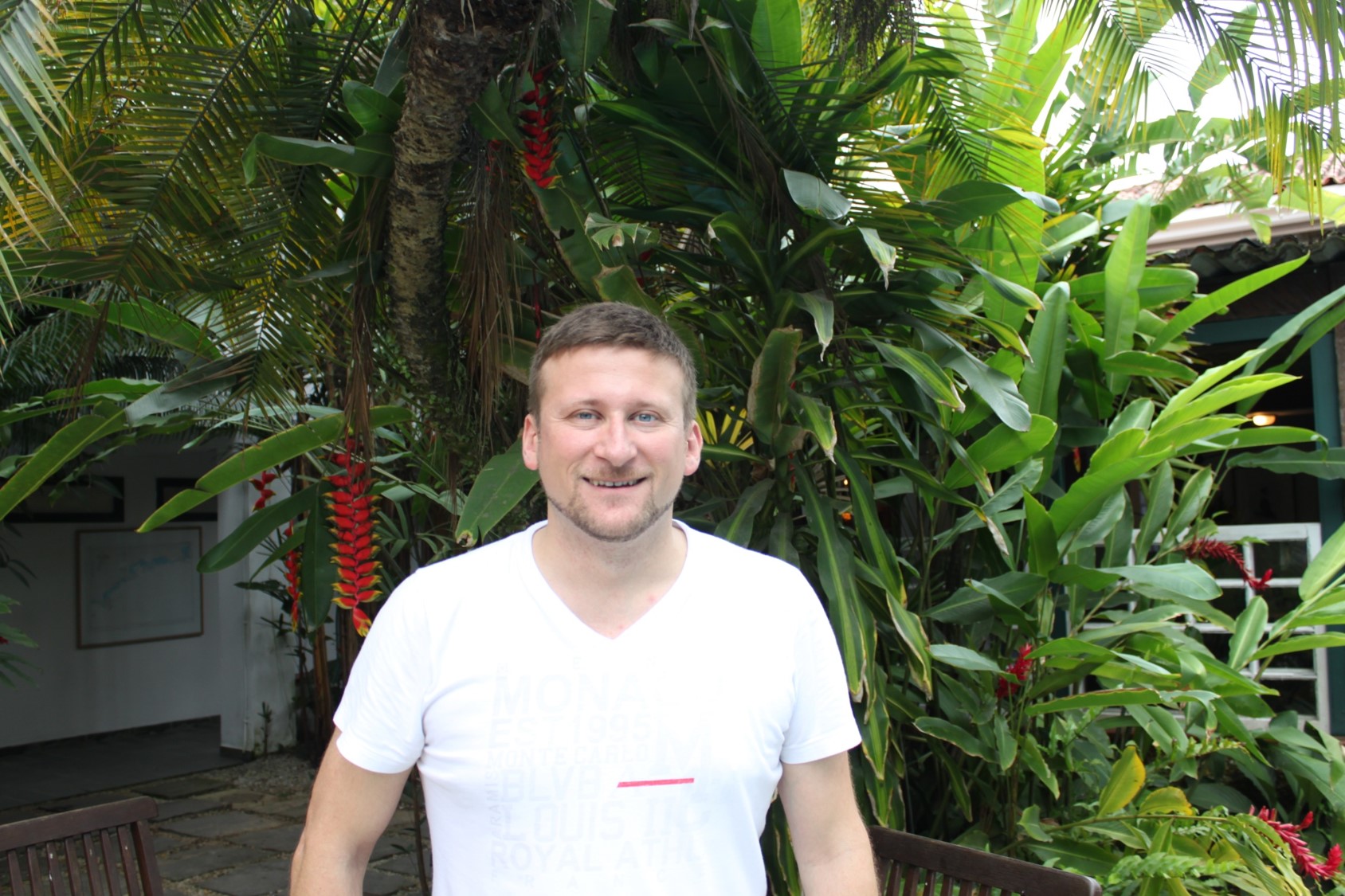
Country: Brazil
I was first introduced to the wonderful world of small-scale fisheries through a Canadian funded international development project in Brazil in 2006 through the World Fisheries Trust, a small NGO based from Victoria, Canada. I was hired as an economic development consultant. With a Bachelor Degree in Urban and Regional Planning and a Masters in Local Economic Development, both from the University of Waterloo, I soon realized that I was in for a huge learning curve. The local fisherwomen gave me a life lesson on ecology, on traditional forms of fishing, on techniques used to add value to their products etc. They also brought me into their household, their world of beliefs, values and uncertainties related to the ever-changing fishing habitat. Those were my “early days”. Quickly I caught on that Small Scale Fisheries is a world of scalar controversies where mass-produced global narratives of sustainability and resource management induced by Cartesian and functionalist thought contrast with the messy and entangled realities of day-to-day life within the fishing communities. I prefer messy!
Since then I had the pleasure and privilege to work with estuarine shellfishers in communities spread across 2000 km of Brazil’s northeastern shoreline, with indigenous and campesino fisher communities in Bolivia’s northern amazon region, as well as with small-scale aquaculture producers in both Brazil and Bolivia. In these projects, I worked on participatory value-chain mapping, innovative financial literacy development and capacity building, as well as action-research collaborative management and interinstitutional development.
Although the projects were very different from one another, I always found myself in a role of relationship and consensus building, visioning exercises, getting engaged and engaging fisher people, academics and public institutions in overcoming some of the most deeply embedded social, economic and institutional bottlenecks ever seen by critical geography, human ecology and political anthropology. Twelve years of SSFs have shaped my identity as a human being. This is not a description of my work. This is who I am. SSFs is my third shore and I take it with me wherever I go, whether it is to do one more community workshop in a remote village or into the classroom as I complete my PhD in Brazil on alternative food networks.
1. What are you currently working on within the context of small-scale fisheries?
Since 2015, I have been working with Bolivians and Canadians on implementing a new approach to financial literacy for a network of small-scale aquaculture producers and extension workers in Bolivia’s Chapare eastern plains, anchoring action-learning and peer-to-peer pedagogies within a long-term value-chain upgrading and institutional development strategy. The Pesces Para la Vida project (PPV) was funded through the Canadian International Food Security Research Fund (CIFSRF).
2. If you could single out one or two most significant factors for securing sustainability of small-scale fisheries, what would these factors be?
I would say that SSFs sustainability is a function of long-term, multi-scalar framework development capable of engaging a wide array of people and institutions that have a diversified reading of what sustainability means in terms of time and space. This apparent disconnect requires a completely new syntax of engagement which values the plural voice. By definition, this brings forth the paradigm of transdisciplinary work. I imagine that transdisciplinarity can only be derived from a deep recognition of ones own limitations and of the assets that the other brings to the table, coming together to overcome the former with the latter and recognizing that these roles will inevitably interchange, depending on the challenge at hand. Moreover, it is about recognizing that this learning process is embedded into our institutional, organizational, individual and collective DNA. We just need to give it time and space to coil together.















